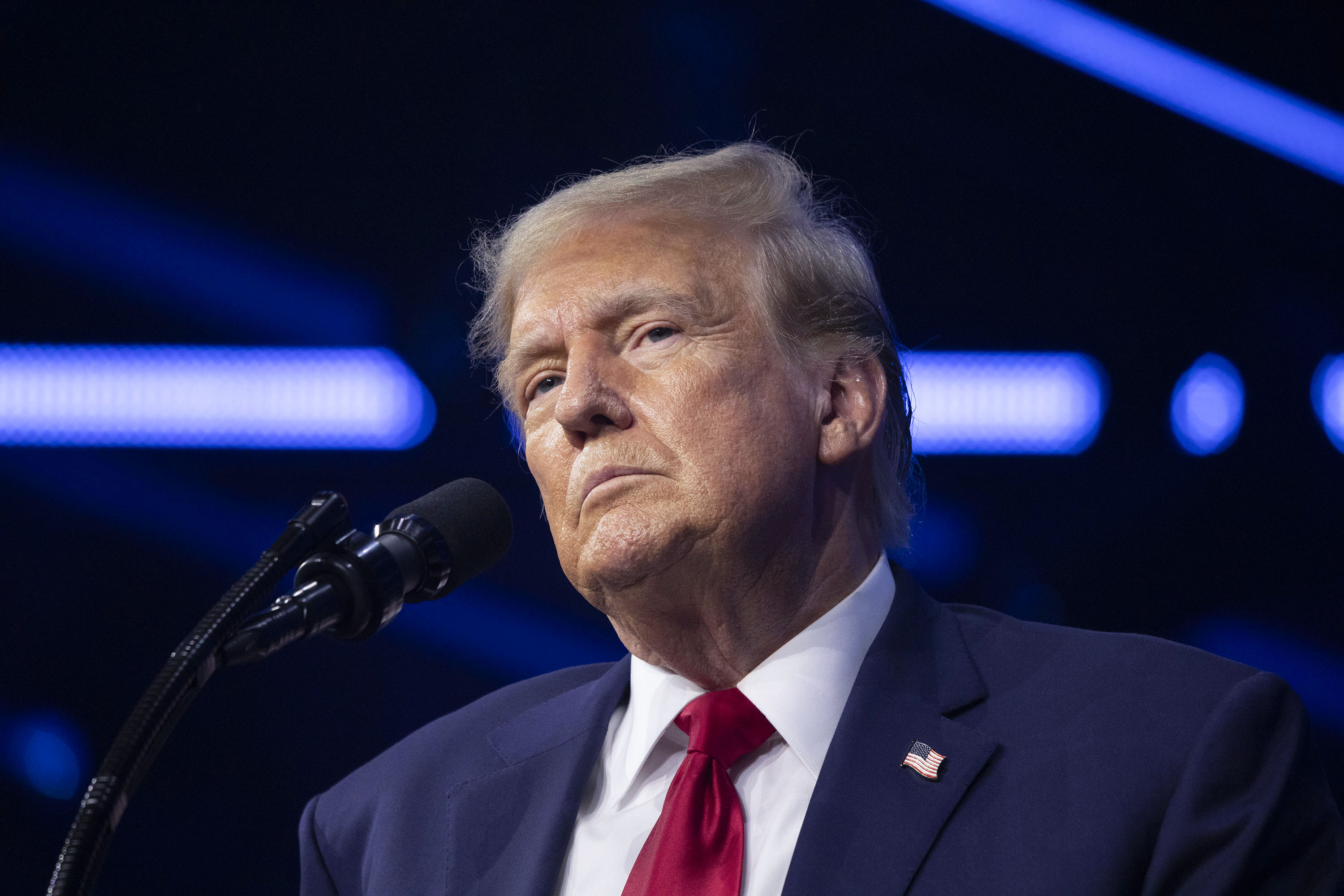Russian President Vladimir Putin and North Korean leader Kim Jong Un have praised their new strategic partnership as a significant breakthrough, marking it as the strongest deal between the two allies since the Cold War.
Following Putin's brief trip to Pyongyang this week, North Korean state media released the full text of the agreement, detailing commitments to mutual defense assistance and broader cooperation in military, foreign policy and trade.

Experts note that the language closely mirrors a previous mutual defense pact from 1961 between the Soviet Union and North Korea, which was never tested.
Here are five key aspects of the deal:
Mutual Defense Agreement
The crux of the treaty is the mutual defense agreement between the two nuclear powers. If either country faces an armed invasion, the other is obligated to provide military and other assistance "with all means in its possession without delay."
The treaty calls for active cooperation in establishing a "just and multipolar new world order," highlighting Moscow and Pyongyang's alignment as they face escalating tensions with the United States and its Western allies.
The text states that the two "shall permanently maintain and develop the comprehensive strategic partnership based on mutual respect for state sovereignty, territorial inviolability, non-interference in internal affairs, and the principle of equality."
According to Professor Thom Shanker, director of the Project for Media and National Security at George Washington University, the treaty underscores a growing military axis between Russia and North Korea amid Moscow's ongoing war in Ukraine.
"The timing of this agreement is crucial. Russia's initial expectations of a swift victory in Ukraine have been dashed, and it is now in desperate need of artillery shells and rockets to continue its war efforts," Shanker told Newsweek.
Weapons and Defense Capabilities
Various reports suggest that North Korea has been supplying Russia with millions of rounds of ammunition and ballistic missiles for its campaign in Ukraine.

While the agreement does not explicitly state that it will allow the sale of weapons — a violation of UN sanctions — it asserts that the two countries "will take joint actions aimed at strengthening defense capabilities to prevent war and ensure regional and international peace and security."
"It's evident that Kim Jong Un will ask for something in return, most likely nuclear assistance," Shanker said. "North Korea has not yet mastered crucial aspects of nuclear technology, such as miniaturization and missile reentry accuracy, which Russia, China, and the U.S. have perfected."
Economic Cooperation and Trade
The document also emphasizes boosting economic ties and mutual trade. It includes provisions for creating favorable conditions for investment and cooperation in various sectors such as customs, financial services and free economic zones. It also aims to develop cooperation in space exploration, peaceful nuclear energy, artificial intelligence and information technology.
North Korea has recently resumed tourism activities, with Russian citizens among the first — and only — tourists to visit since the pandemic. This reopening includes special tourist zones and is part of efforts to boost economic ties. Putin noted that Russian-North Korean trade turnover has risen nine-fold over the past year, though he admitted that the overall amount remains "modest."
Opposition to Unilateral Sanctions
The treaty explicitly opposes the application of unilateral sanctions, which both countries view as illegal under international law. They commit to mitigating the impact of such measures on their economies and citizens.
The two sides shall "oppose the application of unilateral compulsory measures including the measures that assume extraterritorial nature" and regard their implementation as "illegal ones running counter to the UN Charter and international law and regulations."
The agreement states that neither side will sign any treaty with a third country that infringes on the interests of the other, nor will they allow their territory to be used by any country to harm the other's security and sovereignty, according to KCNA.
Reactions From Abroad
The coziness between Pyongyang and Moscow represents a serious threat to regional and global security, according to Shanker. "For decades, Washington, Beijing, and Moscow had a common goal of limiting or eliminating North Korea's nuclear arsenal under Kim's leadership. This consensus is now evolving," the professor told Newsweek.
Russia, which holds veto power at the UN Security Council, previously supported sanctions against North Korea after its breakthrough 2006 nuclear test but has since backed off. This year, Russia vetoed the annual extension of inspectors enforcing those sanctions.
Meanwhile, South Korea expressed regret over the treaty, particularly its inclusion of "military technology cooperation," which it said violates UN Security Council resolutions on North Korea's weapons programs.
Japan expressed "grave concerns" about Putin's openness to military technology cooperation with North Korea.
The White House did not immediately comment on the reported details of the agreement.
Uncommon Knowledge
Newsweek is committed to challenging conventional wisdom and finding connections in the search for common ground.
Newsweek is committed to challenging conventional wisdom and finding connections in the search for common ground.
fairness meter
To Rate This Article
About the writer
Jesus is a Newsweek Live News Reporter based in New York. Originally from Bogotá, Colombia, his focus is reporting on ... Read more





